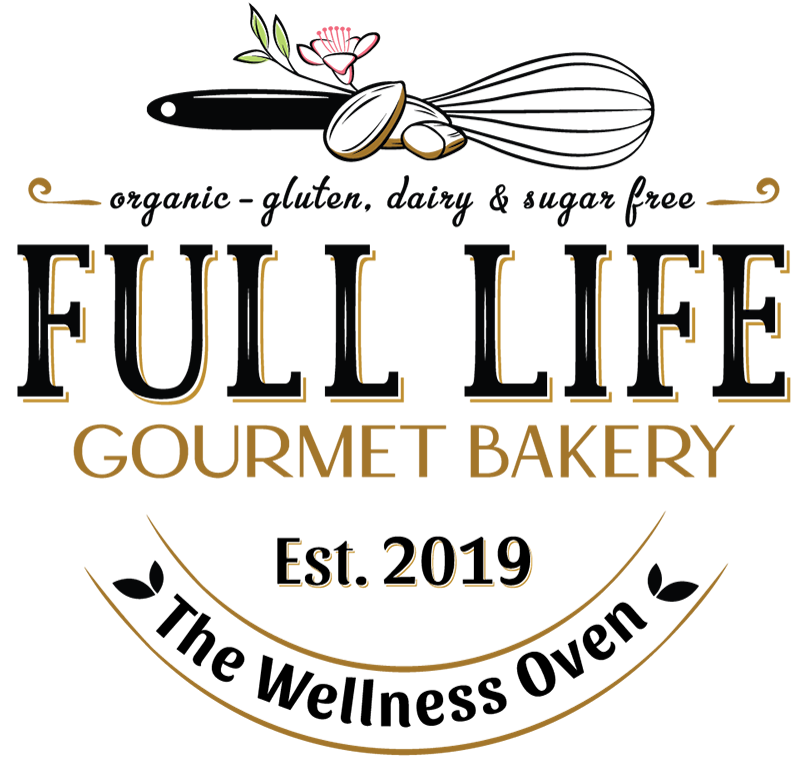
Picture yourself thriving in your career, not only because of your skills but also because of the strong connections you’ve built at work. Positive workplace relationships are more than just friendly chats—they’re a critical driver of career success. In today’s collaborative work environments, building strong professional bonds can open doors to mentorships, leadership opportunities, and long-term career advancement.
This article explores the importance of workplace relationships and how they contribute to productivity and personal growth. We’ll provide actionable strategies for networking, fostering mentorships, and demonstrating reliability. These steps will empower you to create meaningful connections that enhance your career and overall well-being.
1. Why Workplace Relationships Matter
Strong workplace relationships are the backbone of a successful career. Beyond making your workday more enjoyable, they:
- Boost Productivity: Collaborative environments lead to higher efficiency and creative problem-solving.
- Enhance Job Satisfaction: Feeling valued and connected improves morale and reduces burnout.
- Foster Career Growth: A solid network can provide mentorship, endorsements, and access to new opportunities.
Example: A project manager who invests time in building rapport with their team will likely receive better support during tight deadlines, leading to a smoother workflow and higher-quality results.
2. Building Connections: Networking Within the Workplace
Networking doesn’t stop at external events. Your workplace is one of the most valuable environments to cultivate relationships. Here’s how to network effectively:
- Be Approachable: Start with small gestures like greeting colleagues warmly or sharing a quick compliment. A friendly demeanor invites others to engage with you.
- Participate in Team Activities: Attend team lunches, after-work events, or even virtual coffee breaks to connect outside the formal work setting.
- Seek Out Collaboration: Volunteer for cross-departmental projects or initiatives to meet colleagues from different areas of the company.
Pro Tip: Keep track of meaningful interactions in a networking journal. Jot down key points from conversations to follow up later, showing genuine interest and commitment.
3. Fostering Mentorships
Mentorships are powerful tools for career development. A mentor can provide guidance, share experiences, and introduce you to new opportunities. Here’s how to find and cultivate a strong mentor-mentee relationship:
- Identify Potential Mentors: Look for colleagues or leaders whose career paths inspire you. They don’t have to be in your immediate department to be effective mentors.
- Make the Ask Thoughtfully: Approach potential mentors with specific reasons why you admire their work and how you believe they can help you grow. Be respectful of their time and express your commitment to learning.
- Maintain the Relationship: Schedule regular check-ins to discuss goals, challenges, and progress. Show gratitude by keeping them updated on how their advice has positively impacted your career.
Example: A graphic designer might approach a senior creative director for mentorship, leading to new insights on portfolio development and eventually a promotion to lead designer.
4. Demonstrating Reliability: The Cornerstone of Professional Growth
Reliability builds trust, which is essential for workplace relationships. Here’s how to consistently demonstrate dependability:
- Meet Deadlines: Always deliver on time, even if it means seeking help when necessary.
- Communicate Clearly: Keep colleagues and supervisors informed about your progress and potential roadblocks.
- Be Consistent: Show up with the same level of dedication and professionalism every day.
Impact: A reliable employee becomes the go-to person for important tasks and is often considered first for leadership roles or special projects.
5. Turning Relationships Into Career Opportunities
Positive workplace relationships naturally lead to career advancement. Strong connections can result in:
- Endorsements for Promotions: Colleagues and mentors who trust your work will advocate for you during performance reviews.
- Access to Hidden Opportunities: Many roles are filled through internal recommendations, making your network invaluable.
- Collaborative Innovation: Trusted teams are more willing to take creative risks, often leading to standout projects and recognition.
Example: A health-conscious professional who actively supports their team on a wellness initiative might gain recognition and an opportunity to lead company-wide health programs.
Analysis and Insights
Trends in workplace culture show that organizations increasingly value collaboration and emotional intelligence. The ability to build and maintain positive relationships is now considered a key leadership skill.
Opportunities:
- Remote and hybrid work models have made intentional relationship-building even more important. Virtual coffee chats or collaborative tools like Slack can help bridge the gap.
- Diversity initiatives encourage cross-cultural connections, enriching the workplace environment and fostering innovation.
Challenges:
- Balancing authenticity with professionalism can be tricky. Focus on finding common ground while maintaining respect for boundaries.
- Misaligned expectations in mentorships can lead to frustration. Clear communication and mutual respect are vital.
Conclusion
Workplace relationships are more than just a nice-to-have—they are a cornerstone of professional success. By networking effectively, fostering mentorships, and demonstrating reliability, you can create meaningful connections that propel your career forward.
Take the first step today: introduce yourself to a colleague you don’t know well, or reach out to someone you admire for mentorship. Small actions can lead to big opportunities.
This article marks the final installment in our trilogy on workplace success. Be on the lookout for our next series, Building Community – The Art of Making and Maintaining Friendships, starting Tuesday with The Importance of Connection: Why Friendships Are Essential for Well-being. Let’s continue the journey toward growth, connection, and fulfillment—together.




